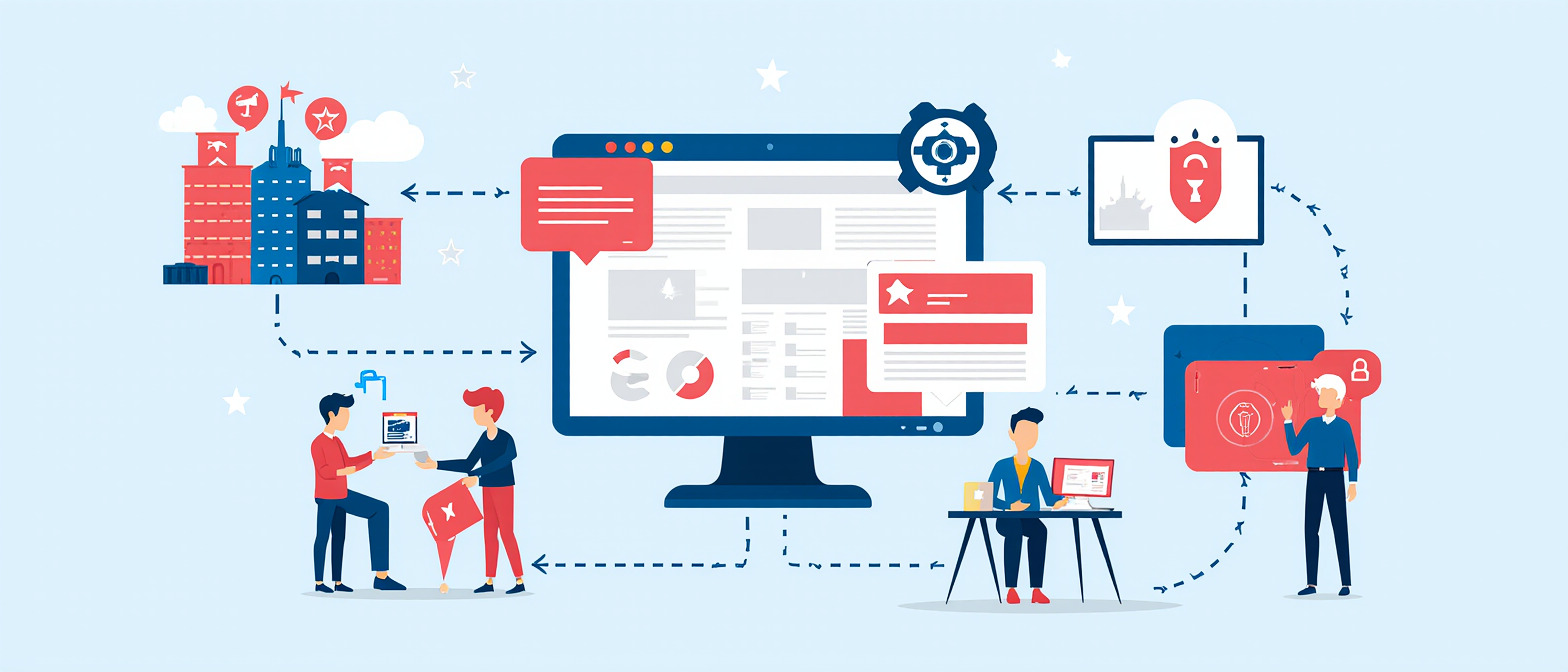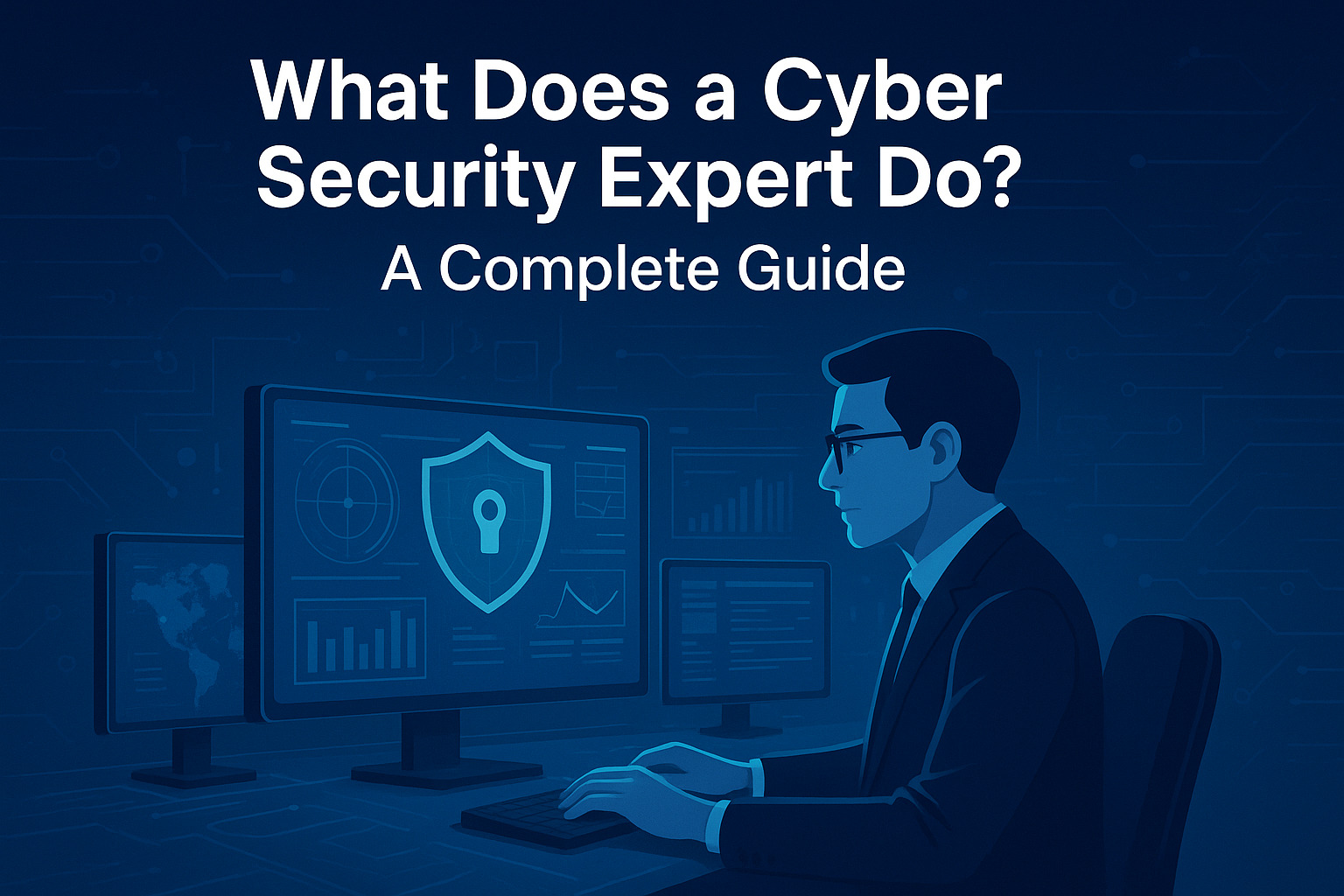Cyber-Security Experts Warn Election Was Hacked: Key Takeaways
- 1 min read
When cyber-security experts raise red flags about election integrity, organisations must act. This blog unpacks the risks and outlines how specialist IT outsourcing can help.

Introduction
In recent cycles, concerns over electoral systems being compromised by cyber threats have escalated. Cyber-security experts are now issuing warnings that go beyond mere interference, raising alarms over potential system hacks and software manipulation.
For B2B technology and infrastructure providers, especially those offering outsourced IT teams, this trend underscores a critical pivot: election infrastructure is now squarely on the radar of specialised IT services. At Euro IT Sourcing, we recognise how our expertise in secure, compliant outsourcing plays into safeguarding critical election systems.
In this article, we examine what the experts are saying, what the risks really are, and why outsourcing tailored IT capabilities is becoming essential for organisations involved in electoral infrastructure.

Why the Warning Matters
The evolving threat landscape
- A report by Council on Foreign Relations notes that the biggest risks to election infrastructure are domestic extremists and disinformation campaigns, not just foreign adversaries.
- According to Wired, financially motivated cyber-criminals may now pose a greater disruption risk to U.S. election systems than traditional nation-state actors
- The Cybersecurity and Infrastructure Security Agency (CISA) and the Federal Bureau of Investigation (FBI) issued public service announcements warning that false claims of hacked voter information are circulating and intended to undermine public trust.
The intersection with outsourcing & IT services
- Election infrastructure is an aggregation of hardware (voting machines, tabulators), software (tabulation logic, data transmission), networks (local/state/federal systems) and human processes.
- Organisations outsourcing parts of this stack need assurance of:
- Software integrity – no unauthorised firmware or code modifications
- Data security – voter registration, tallying, audit logs
- Compliance & trust – transparent chain of custody, traceability of changes
- For firms like Euro IT Sourcing, this means building teams that are not only technically capable but compliance oriented, literate in election-system risks and accustomed to high-governance environments.
Key Areas of Vulnerability
1. Software and equipment access
- Experts warn that outdated or compromised equipment — especially in swing states or key jurisdictions — can be a vector for manipulation. Some open-letters alleged software access and replication.
- Use of widely-shared vendor platforms means that an exploit in one region could propagate.
- Best practice for outsourcing: insist on vendor-agnostic auditing, secure CI/CD pipelines and independent code review.
2. Disinformation & trust erosion
- Even without altering vote counts, a cyber incident or credible claim of one can erode trust in outcomes. The Council on Foreign Relations points to this as a major threat.
- Outsourced teams must include communication-aware specialists — not just coders — because infrastructure failures or hacks are also a crisis-communications issue.
3. Data integrity & audit trails
- Voter registration systems, ballot-count databases and audit logs are frequent targets. Cyber-security missteps in this area have been documented globally. :contentReference[oaicite:9]{index=9}
- Outsourcing must emphasise immutable logging, strong encryption in transit and at rest, and clear separation of duties (least-privilege access).
How Euro IT Sourcing Helps Mitigate These Risks
- Specialised Engineering Teams: Experts in secure software development, data engineering and system audits — tailored to high-governance domains like elections.
- AI-Assisted Productivity: Our teams use AI workflows for code review, anomaly detection and secure design, increasing quality and reducing human-error exposure.
- Governance Frameworks: We embed compliance and transparency into our delivery models — from SLAs to audit-ready documentation and client dashboards.
- Scalable Nearshore Delivery: Nearshore teams allow for real-time coordination, cultural alignment and reduced latency, all critical during election cycles.
- End-to-End Security Mindset: From firmware/edge devices, through backend systems, to citizen-facing portals, our approach covers the full stack, not just the “app”.
Metrics or Outcomes
Here are representative KPIs we apply when engaging in election-infrastructure or similar high-assurance outsourcing engagements:
- Time to compliance: Ability to bring a new region/system into audit-ready state in under 12-16 weeks, using predefined playbooks.
- Defect rate post-deployment: Less than 0.5 defects per 1,000 lines of code in security-critical modules.
- Access traceability: 100 % logging of privileged access, with > 90 % of issues resolved within 24 hours.
- Scalability of delivery: Ability to ramp a cross-functional team from 5 to 20 engineers within 30 days when needed for election-day readiness.
- Client satisfaction/governance rating: > 4.8/5 for governance and compliance-related delivery in public-sector benchmark contracts.
Risks & Mitigations
- Risk → Mitigation: Third-party components or open-source modules introduce unknown vulnerabilities → Use strict dependency-scanning, vendor risk review and hardened code baselines.
- Risk → Mitigation: Time-zone or cultural friction in outsourced team → Select near-shore teams aligned with client time-zones, include daily stand-ups and clearly documented sprint goals.
- Risk → Mitigation: Scope creep or ambiguous deliverables in high-stakes, fixed timelines (election day) → Break into MVP phases, enforce gated milestones, and adopt agile delivery with explicit risk-register in place.
- Risk → Mitigation: Trust erosion caused by misinformation / perceived hack even without actual breach → Include communications strategy from Day 1, incorporate incident-response planning and rapid remediation protocols.
Key Takeaways
- Election infrastructure is now a targeted cyber domain, with risks ranging from software intrusion to trust undermining through disinformation.
- Outsourcing IT functions for election systems demands far more than standard dev-ops: it requires security-first teams, governance maturity and cross-discipline capabilities.
- Euro IT Sourcing offers a proposition built for this world, providing scalable, compliant, AI-augmented engineering services tailored to secure-by-design infrastructure.
- Metrics prove that outsourcing can deliver time-to-market gains, cost efficiency, and auditable compliance when structured properly.
- Proactive mitigation planning (for both technical and communication risks) is essential — waiting until a crisis emerges is too late in this environment.
Author: Matt Borekci
Contact Us: Euro IT Sourcing

What Does a Cyber Security Expert Do? A Complete Guide
Discover what a cyber security expert does, their roles, skills, and how they protect businesses from digital threats.

How Much Does a Cyber Security Expert Earn? Salary Insights for 2025
Explore 2025 cybersecurity salary trends, including global averages, roles in demand, and how outsourcing impacts IT security hiring.